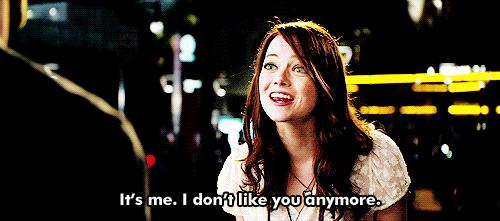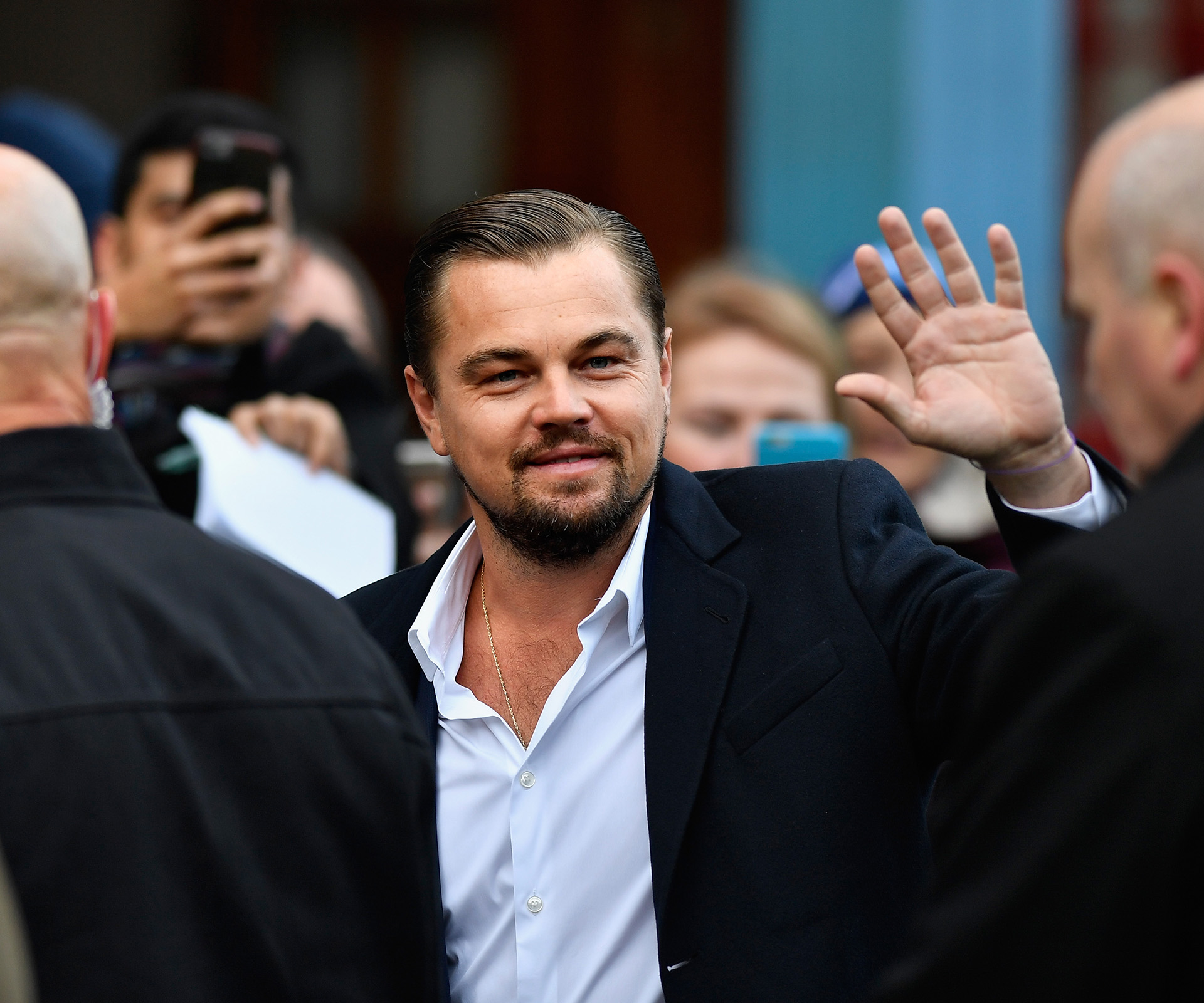According to science, you’re choosing to stay in your relationship slump for the same cognitive bias in which you keep watching a boring movie you already paid for, or why punters continue to place bets even when they’re losing.
The “sunk cost effect”, as explained by scientists at the journal Current Psychology, “occurs when a prior investment in one option leads to a continuous investment in that option, despite not being the best decision”.
Basically, it is the tendency for humans to continue devoting their time and energy into a relationship that is simply not working in a bid to avoid failure.
To find out how the “sunk cost effect” affects a person’s decision to stick it out or break it off with their partners, researchers at the University of Minho in Braga, Portugal, conducted two experiments.
For the first, 902 participants reacted to four versions of the below relationship scenario, each of which had an altered amount of time, money, and effort invested.
“In the last few months, you have been feeling unhappy with your relationship,” the description read. “For example, little things turn into big discussions and you feel that you can no longer communicate with your partner.”
“You have not had sexual relations, for a few months now, and you stay at work after hours to delay the moment to return home. Due to this problem with your partner you feel lost and distressed and believe you would be happier if you were no longer in that relationship.”

From the data collected, the scientists were able to conclude, that while time had little impact on one’s decision to stay or go, 36 percent of people stuck around if effort in keeping the spark alive was put in, while money, such as a property investment, made 35 percent of people stick it out.
The second experiment saw 275 people presented with another hypothetical about a relationship they’d either spent one or 10 years in. The results showed that those who had spent a decade committed to the same person continued the relationship for a further 294 days on average.
“Together, both experiments confirmed the initial hypothesis that investments in terms of time, effort, and money make individuals more prone to stay and invest in a relationship in which they are unhappy,” head psychologist Sara Rego said of the study.
“This option was chosen when — and taking into consideration how unhappy the person was in that relationship — the logical decision would be to finish the relationship, independently of the prior investments.”
Well. Isn’t that romantic?


